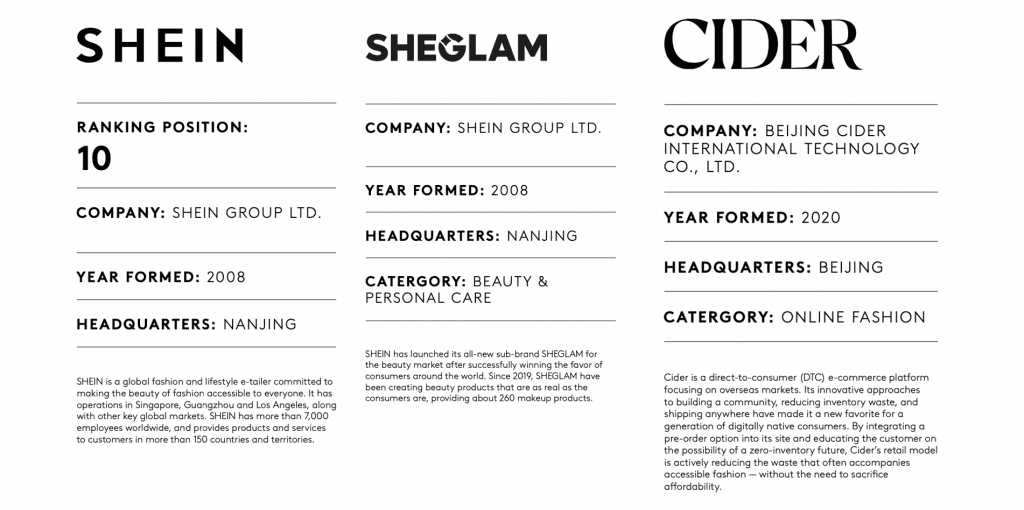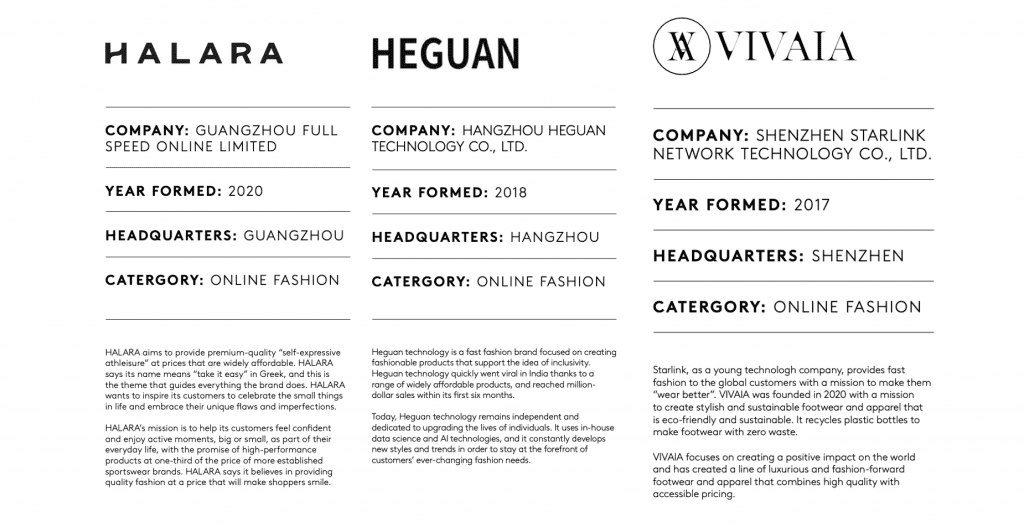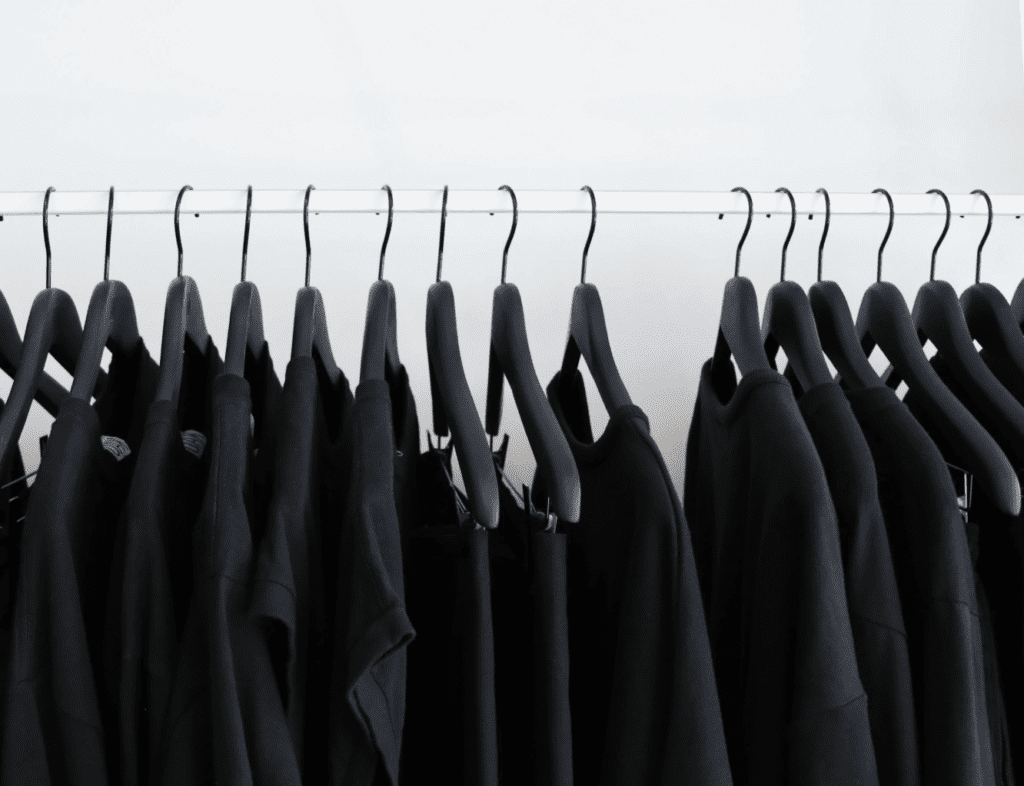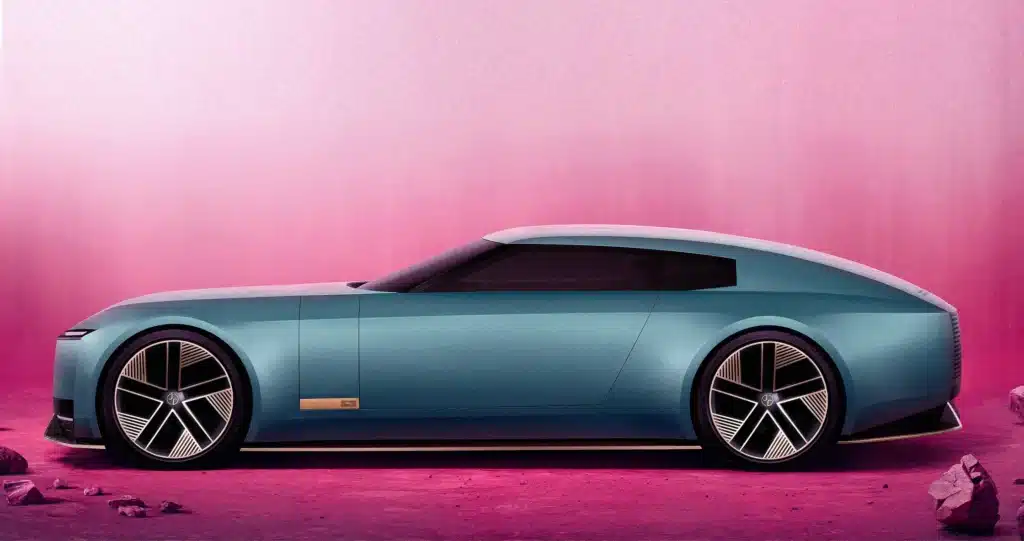Chinese companies are readily growing their collective “brand power” beyond the Mainland in the face of “continued global disruption” and despite the existence of “so many competitors,” with digitally-native fast fashion giant Shein among the top 10 brands in a “new generation of Chinese brands emerging” on the global stage. In its sixth annual Chinese Global Brand Builders ranking, Kantar found that there is “a strong appetite for Chinese companies to grow globally” and that Chinese companies like Shein, as well as budding fashion industry players like Cider, are “proving that they have what it takes to build strong, resilient global brands” that do not merely “succeed simply by undercutting everyone else on price,” but that are being valued by international consumers thanks to “a fresh approach to what they offer and how they communicate.”
In furtherance of its annual “Brand Builders” report, in which it ranks companies by “Brand Power” – or the “strength and potential” of brands originating from China in 11 countries outside of China (using Google Surveys and Search Index, as well as its own brand analytics database), Kantar identified that China’s consumers electronics brands are among some of the top names benefitting from positive consumer perception outside of China. Topping its ranking of “Global Brand Builders” is TikTok-owner ByteDance, followed by “electronic commerce” titan Alibaba, consumer electronics companies Lenovo (3), Xiaomi (4), Huawei (5), Oppo (6), and OnePlus (8), and home appliances companies Hisense (7) and Haier (9).
Shein rounds out the 2022 Top 10 list – up one spot from last year’s ranking, as its “Brand Power” rose by 19 percent year-over-year. In addition to nabbing the number 10 spot on the full list of companies studied, Shein also landed on the list of the five “strongest risers” within the Top 50 for the year, with Kantar stating that “among the steady growth in the Top 50, some brands shine for having posted a particularly strong performance over the past year.” Reflecting on Shein’s fast-rising status, Kantar stated that the company has made it “super-easy for young and largely female consumers to buy the very latest fashion items the minute that styles appear on the runway of international shows.” Its direct-to-consumer model “presents a friction-free experience for browsing and buying, and provides powerful incentives for shoppers to spend more before they check out.”

Specifically, by “turning shopping into a form of online entertainment,” Shein “has helped keep [its] brand top of mind” for consumers, Kantar asserts. In other words, “by ensuring that [it is] part of the way lifestyles are evolving,” Shein and the other fast-risers – in-home robotic appliances-maker Ecovacs, ByteDance, automaker GWM, and mobile charger company Anker – “enrich what their brand stands for, and thereby remain top of mind and achieve greater salience.”
Elsewhere on the Top 50, e-commerce company JD.com takes the number 44 spot (up 4 spots from last year’s ranking) and LightInTheBox – which touts itself as “a professional and reliable online shopping center providing a variety of hot selling products at reasonable prices and shipping them globally” – ranks at 48 (down one spot from last year’s ranking). Interestingly, Chinese sportswear/footwear brands like Li Ning, Warrior, Anta Sports, and Erke, which are finding traction beyond the Mainland, are not included on the Top 50 list.
Beyond the Top 50, Kantar highlighted twenty “Rising Stars,” in a nod to brands that “consumers are seeking out,” resulting in striking online search index growth over the past three years. (In 2021 alone, the Rising Star brands saw their “total Google and YouTube search index doubled versus 2020.”) While Top 50 companies largely fall within the consumer electronics and gaming categories, Kantar notes that the Rising Stars list features a higher proportion of fashion, home and smart living brands, led by Cider, a DTC e-commerce platform focusing on overseas markets.

According to Kantar, Cider’s “innovative approaches to building a community, reducing inventory waste, and shipping anywhere have made it a new favorite for a generation of digitally native consumers.” Among other things, the Beijing-based company, which was founded in 2020, has “integrated a pre-order option into its site and educat[es] the customer on the possibility of a zero-inventory future,” per Kantar, making its retail model one that is “actively reducing the waste that often accompanies accessible fashion — without the need to sacrifice affordability.”
Athleisure company HALARA; Heguan technology, “a fast fashion brand focused on creating fashionable products that support the idea of inclusivity,” which reached million-dollar sales within its first six months; and Starlink, a “young technology company,” that provides fast fashion to the global customers by way of brands, such as VIVAIA, also nabbed spots on the Rising Stars list.
Taken together, Kantar states that after decades of falling squarely behind Western brands when it comes to awareness and appeal beyond the Mainland, Chinese brands “have learned the value of brand in building awareness, desire, loyalty and – crucially – profitability,” which his is “opening global consumers’ minds to what Chinese brands can offer.” This “new generation” of Chinese global brands “sees that they must move up the value chain to be profitable,” prompting them to “focus less on price aimed at the mass market, and more on insight and emotion to build strong, lasting bonds with a more defined target audience.”
It is worth noting that such successes are not coming without reports of qualms for some of China’s biggest companies. Shein, for example, has reportedly been faced with slowing sales, which are said to be significantly impacting the company’s valuation ahead of a U.S. IPO that is slated for 2024. Bloomberg reported last month that after swiftly becoming the third-most valuable startup in the world following its launch in October 2008, Shein “has seen annual sales growth slowing to around 60 percent in 2021 from a 250 percent jump the year before.” Shein had sales of “at least $16 billion in 2021, up from $10 billion in 2020 when Covid-19 lockdowns fueled a wave of e-commerce demand,” according to Bloomberg.
At the same time, Reuters revealed on July 29 that Alibaba Group Holding is the latest company to be added to the U.S. Securities and Exchange Commission (“SEC”)’s list of Chinese companies that might be delisted from U.S. exchanges, putting the multinational technology company among “more than 270 Chinese companies listed in New York [that have been] identified as being at risk of delisting under the Holding Foreign Companies Accountable Act (‘HFCAA’)” in light of a “long-running dispute over the auditing compliance of U.S.-listed Chinese firms.” (The HFCAA sets up a framework by which “the SEC is required to ban trading in the U.S.-listed securities of China-based companies if obstacles to Public Company Accounting Oversight Board access are not removed within the time period prescribed by the law,” Akin Gump attorneys stated in a client note this spring.)
Companies like Alibaba and JD.com, the latter of which is said to be facing potential delisting, have come in the crosshairs of U.S. regulators’ demands for “complete access to audit working papers of New York-listed Chinese companies, which are stored in China.”











